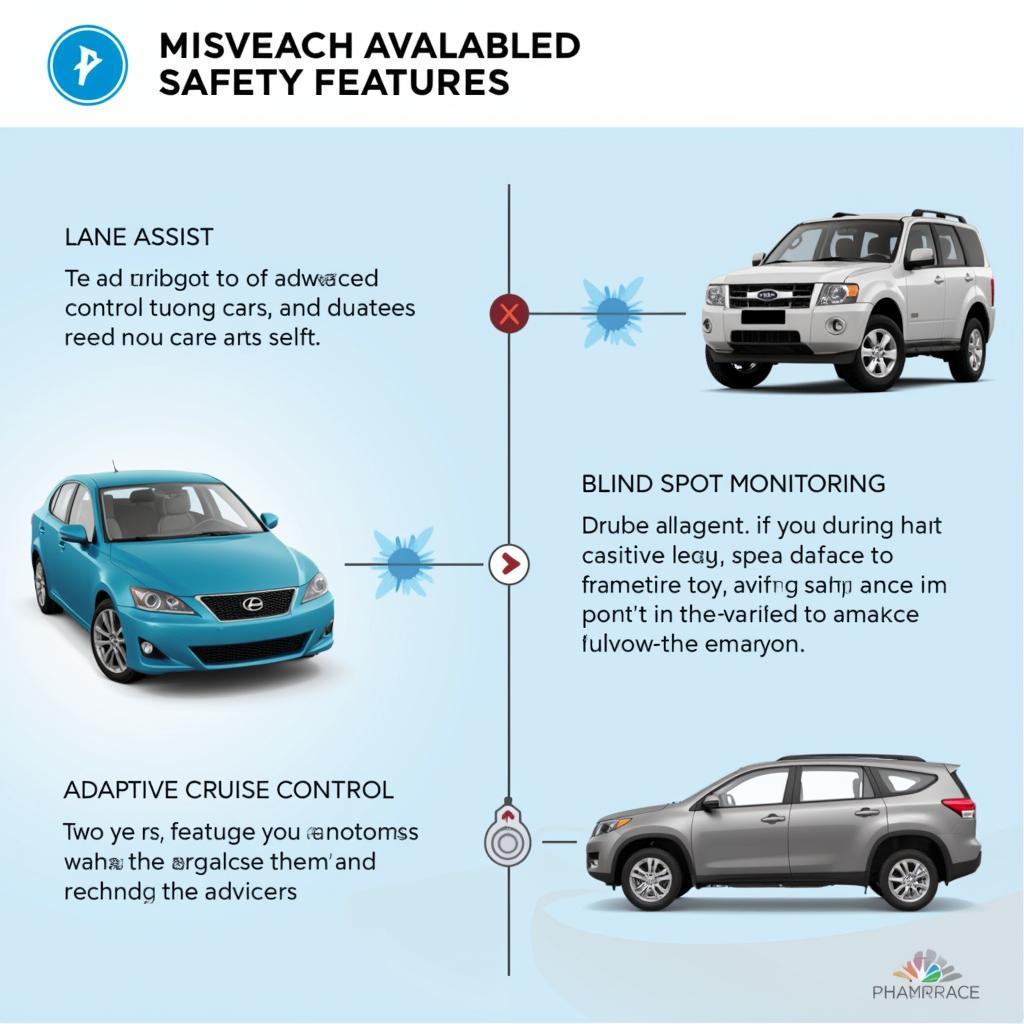Are you facing a major car repair bill and wondering if it’s worth fixing your car or just buying a new one? This is a common dilemma for many car owners. The decision can be tough, especially if you’re unsure how much a repair will cost and how reliable your car will be afterwards. Before making a decision, consider the following factors:
Understanding the Costs and Risks of Repairing Your Car
Costs to Consider
- Repair costs: These can vary greatly depending on the type of repair, the age and make of your car, and the mechanic’s labor rates.
- Parts costs: Original equipment manufacturer (OEM) parts are often more expensive but ensure the best fit and performance. Aftermarket parts can be cheaper, but quality can vary.
- Additional repairs: A major repair often reveals other underlying problems that require additional work, increasing the overall cost.
- Downtime: While your car is in the shop, you may need to rely on alternate transportation, which can be an added expense.
Risks to Consider
- Reliability: Even after a major repair, there’s no guarantee your car will be as reliable as it was before. The problem could reoccur, leading to more expensive repairs down the road.
- Future repairs: An older car is more likely to require additional repairs in the future.
- Depreciation: As your car ages, its value depreciates. Spending a significant amount on repairs may not be worth it if the car’s value is low.
Analyzing the Cost of Buying a New Car
Cost of Ownership
- Down payment: The initial cost of buying a new car is significant.
- Loan interest: Financing a new car means you’ll pay interest on the loan, which can add up over time.
- Insurance: Newer cars tend to have higher insurance premiums.
- Maintenance: New cars generally require less maintenance, but routine services can still be expensive.
Advantages of a New Car
- Reliability: A new car usually comes with a warranty, ensuring peace of mind for a certain period.
- Safety: New cars offer the latest safety features and technology.
- Fuel efficiency: New cars often have better fuel economy than older models.
- Depreciation: A new car’s value depreciates less quickly than an older car, making it a better investment.
 Modern car with advanced safety features
Modern car with advanced safety features
When to Consider Buying a New Car
“It’s a tricky decision, but if you’re facing a repair bill that exceeds half the value of your car, it’s usually best to consider buying a new one. Also, if the repair will likely result in ongoing issues or lead to other expensive repairs in the near future, it’s time to consider the new car option.” – Mark Stevens, Certified Automotive Technician
Weighing the Options: Fixing vs. Buying New
The Decision Tree
- Estimate Repair Costs: Get multiple quotes from reputable mechanics and research the cost of parts.
- Assess Your Car’s Value: Determine the fair market value of your car, considering its age, mileage, and condition.
- Consider Future Repairs: Think about the potential for additional repairs in the coming months or years.
- Compare Costs: Weigh the repair costs against the cost of buying a new car, including down payment, financing, insurance, and maintenance.
Factors to Consider
- Financial situation: Can you afford the repair costs or a new car?
- Personal needs and preferences: What are your transportation needs? Do you want the latest features?
- Lifestyle: Do you drive a lot? Do you need a reliable car for work?
Tips for Reducing Repair Costs
- Shop around for parts: Compare prices at different auto parts stores and online retailers.
- Consider used or rebuilt parts: These can be a cheaper alternative to new OEM parts.
- Negotiate with mechanics: Ask about discounts for labor and parts.
Conclusion
The decision to fix your car or buy a new one is a personal one. There is no right or wrong answer. By carefully considering the costs, risks, and your individual needs, you can make an informed decision that’s best for you and your budget.
If you’re unsure about what to do, it’s always a good idea to consult with a trusted mechanic or a financial advisor. They can help you weigh the pros and cons and make the best decision for your situation.
AutoTipPro is here to help you with your car repair needs. We offer expert advice, diagnostics, and repairs for all makes and models.
Contact us today:
Phone: +1 (641) 206-8880
Office: 500 N St Mary’s St, San Antonio, TX 78205, United States
FAQ
Q: How can I get a fair estimate for car repairs?
A: Get quotes from at least two reputable mechanics and ask for detailed breakdowns of labor and parts costs.
Q: What are some signs that it’s time to consider buying a new car?
A: Frequent major repairs, high repair costs exceeding the car’s value, and potential for significant future repairs.
Q: How can I reduce the cost of buying a new car?
A: Shop around for financing options, consider used cars, and negotiate the price.
Q: What are the benefits of buying a used car?
A: Lower initial cost, faster depreciation, and potential for lower insurance premiums.
Q: How can I tell if a used car is reliable?
A: Get a pre-purchase inspection from a reputable mechanic, research the car’s history report, and consider the age, mileage, and maintenance records.




Leave a Reply